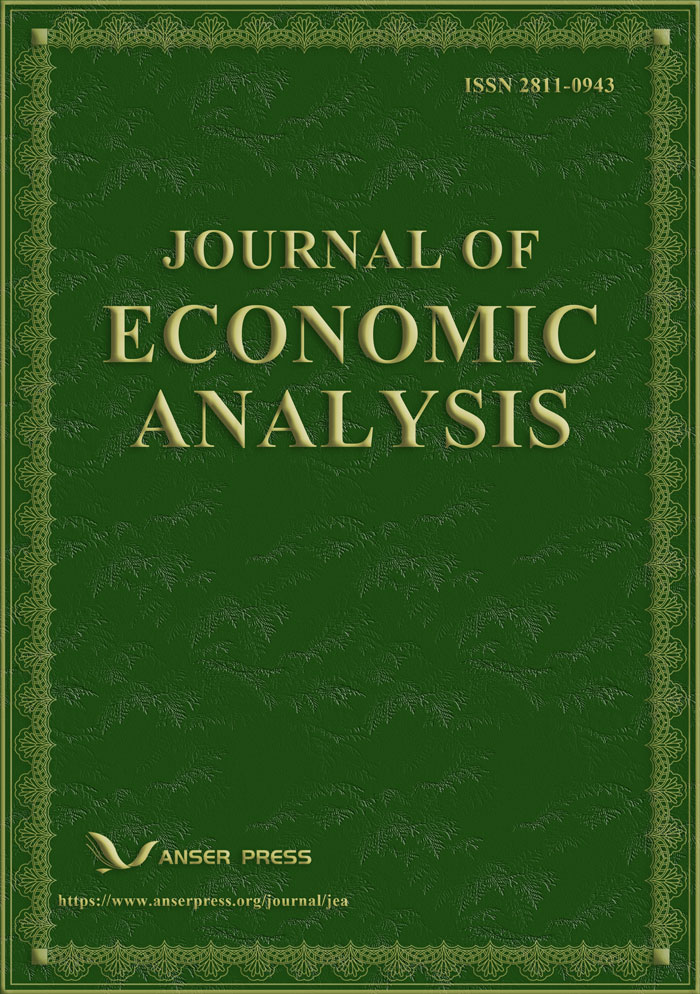Assessment of exchange rate determination in a mono-resource economy: A case of Nigeria
Abstract
This study examined the determinants of the exchange rate in a mono-resource economy, during the period of currency and oil price fall in Nigeria. The aim of the study is to ascertain the potentiality of economic diversification (non-oil export) in saving the falling value of the domestic currency, as well as, its stability. The study employed the use of monthly data from the Central Bank of Nigeria and Nigeria National Petroleum Corporation from January 2008 to December 2020 using the ARDL and NARDL models to achieve the stated objectives. In the literature, several empirical studies analyzed the relationship between exchange rates, oil price, and oil export and came to the logical conclusion that a rise in the price of oil would bring about a rise in the exchange rate, all things being equal while the reverse is the case. To add to the existing body of knowledge this study did not only look at the relationship between the variables but also examined the determinants of the exchange rate in a mono-resource economy and ascertained the potentiality of economic diversification in bringing succor to the falling exchange rate in the midst of falling oil price. The NARDL result corroborates the findings of previous studies on the relationship between exchange rate, oil price, and the performance of non-oil export. It maintains that positive changes in oil prices would lead to the appreciation of domestic currency while negative changes in oil prices would lead to the depreciation of the domestic currency. With this analysis, the study recommends the diversification of the economy and revitalization of the non-oil sector. Since import proves to have a negative impact on the exchange rate, the revitalization of the non-oil sector stimulates domestic consumption and thus reduces import bills which raise the demand for the dollar and weakens the naira.
Cite This Paper
Musa, N., Izuchukwu, O., & Akadiri, S. S. (2024). Assessment of exchange rate determination in a mono-resource economy: A case of Nigeria. Journal of Economic Analysis, 3(2), 59. doi:10.58567/jea03020007
Musa, N.; Izuchukwu, O.; Akadiri, S. S. Assessment of exchange rate determination in a mono-resource economy: A case of Nigeria. Journal of Economic Analysis, 2024, 3, 59. doi:10.58567/jea03020007
Musa N, Izuchukwu O, Akadiri S S. Assessment of exchange rate determination in a mono-resource economy: A case of Nigeria. Journal of Economic Analysis; 2024, 3(2):59. doi:10.58567/jea03020007
Musa, Nakorji; Izuchukwu, Oji-okoro; Akadiri, Seyi S. 2024. "Assessment of exchange rate determination in a mono-resource economy: A case of Nigeria" Journal of Economic Analysis 3, no.2:59. doi:10.58567/jea03020007
